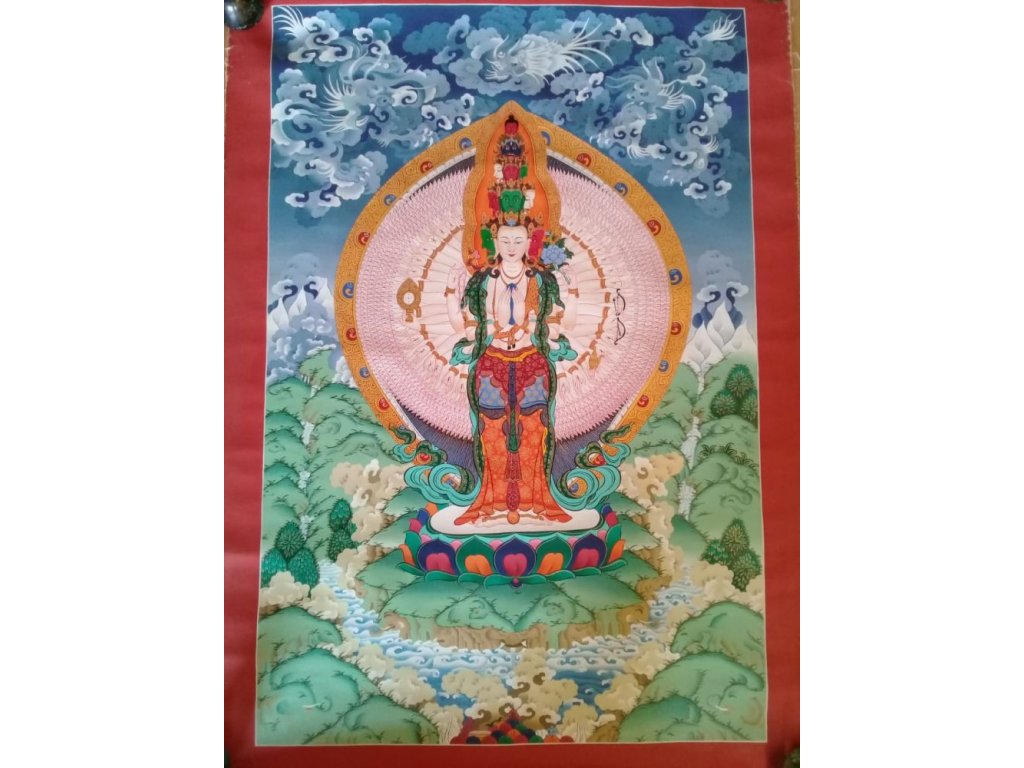We need your consent to the use of individual data so that you can show information about your interests, among other things. Click "OK" to give your consent.
- Shop Crystal Lotus
- New arrival
- Best seller
- Discounted Minerals
-
World of Stones
- Crystal Rock,Geoda,Druze,Clusters
- Different stone Angels
- Best Seller Tumble Stones
- Spheres
- Obelisk/Tower
- Pyramida
- Heart
- Tumble stones
- Agate
- Amethyst
- Aquamarin
- Angelite/Anhydrite/Angel stone
- Amazonit
- Apatit
- Aragonite
- Aventurine
- Azurite Rare
- Astrophyllite
- Brazilianite-Phosphate
- Beryll
- Bronzite
- Chrysanthemum-Unikat
- Chrysokolla
- Chrysopal
- Chrysoprase
- Cocelestin RARE ⚝
- Charoite- Rare⚝
- Chalkopyrit
- Chiastolite/Andalusite/Cross Stone
- Citrine Natural Rare ⚝
- Danburite-Rare⚝
- Diamond
- Dioptas-RARE RARE ⚝⚝
- Decoration
- Dzi Stones-Magic Mystical stone from Tibet
- Eudialyte-Rare Rare ⚝⚝
- Diopsid-RARE RARE ⚝⚝
- Donut
- Fluorite
- Fuchsite
- Peridot/Olivin/Chrysolite -Rare ⚝
- Exclusive Stone for your Collection
- Garneth
- Stones from Greenland-Rarity ⚝⚝
- Ball
- Gypsum/Baryte
- Girasol/Crystal with Opal
- Hauyn
- Heliodor/Beryl
- Hematit
- Hiddenite Very Rare
- Howlith
- Iolite Cordierite
- Indigo Gabbro/Mystic Merlinite-New
- Jade
- Amber
- Jasper
- Jet
- Stones and Astrology
- Carnelian
- Calcit
- Kyanit/Disthen Rare
- Pendulum
- Kunzit
- Petrified wood
- Kabamba -Nebula/Eldarit Green Quartz Vulcanic
- Larimar - Blue Pectolite- Rare ⚝⚝
- Lamps of Stones
- Llanite-Que Sera-Rhyolite
- Lapis Lazuli
- Labradorite
- Lepidolite
- Lava
- Malachite
- Meteorite-Very Rare
- Copper
- Magnetite
- Moon Stone/Andular
- Preseli Blue Stone Dolerite-RARE
- Morganit-Pink Beryll- very rare
- Moqui Marbles-Very Rare
- Nephrite/Jade
- Onyx
- Opál Australia,Peru,Madagaskar
- Obsidian
- Opalite man made
- Pyrit
- Pearl
- Foam Corall
- Phenakite RARE RARE
- Pietersite Rare
- Prehnit-Very Rare
- Purpurite Rare Rare ⚝⚝
- Prophecy stone RARE RARE ⚝⚝⚝
- Quantum Quattro
- Rhodonit
- Rhodochrosite-Rare Rare ⚝⚝
- Ruby precious stone
- Rosequartz
- Different animals in stone carving
- Shungite-Black Coal
- Special Offer Stone
- Saphire Precious stone
- Scarzolite-Trolleite
- Emerald
- Serpentin
- Seraphinite- Rare ⚝⚝
- Selenit
- Septarium
- Shiva Lingam
- Shattuckite-Very Rare
- Sun Stone
- Himalaya Salt
- Sugilite-RARE RARE ⚝⚝
- Sodalite
- Spodumene
- Staurolite Vzácny ⚝
- Stromatolite
- Stichtite--Rare
- Rough stone
- Topas
- Tourmaline
- Turquoise
- Turkenite
- Tiger Iron/Mugglestone RARE ⚝
- Tiger Eyes
- Rare Stones from the world
- Egg
- Vesuvianite-Rare ⚝⚝
- Moldavite Tektite- Rare ⚝
- Gold
- Fossilie,Ammonite,Trilobit,Brachiopod
- Smokey Quartz
- Big Smokey Crystal bigger then 5 kg
- Zoisite*Tanzanite*Thulite
- Cuprite
- Key holder
- Zeolite
- Zunyit
- Silver Jewellery 925 AG
- Crystal Skulls energized from ancient crystal skull Synergy
-
Crystal Skulls energized by Horus- Osiris Himalayan Crystal Skulls
- Carved in India
- Crystal Skulls carved in Brazil
- Carved in Swiss
- Crystal Skull from Peru-Rare
- Realistic
- Crystal Skulls ,Pocket size
- Crystal Skulls Middle Size
- Crystall Skulls XL
- Crystall Skulls Life size and Bigger XXXL
- Amethyst
- Avanturin
- Agate
- Apatite-Rare
- Bery
- Elf
- Corundum gemstone
- Fluorite
- Indian carving head
- Greenland Stones Nuummite RARE ⚝⚝
- Himalayan Crystal
- Jaspis
- Jade Rare
- Amber Reconstructed
- Malachite-Rare
- Preseli Blue Stone
- Lapis Lazuli
- Star Being -Special
- Rose Quartz
- Pendant
- Pyrite
- Special offer Set
- Sodalite
- Obsidian
- Other Kind of Stones,Rare ones
- Smokey Quartz
- Labradorite
- Serpentine
- Tourmaline-Rare
- Smokey Quartz
- Dragons-Energized by Himalayan Crsytal Skull Horus Osiris
- Jewel
- Made in Nepal
- World of Tarot
- Instruments
- Herbs for smudging
-
Books
- Astrology
- New
- Best Seller Books
- Buddhismus
- Carl Gustav Jung
- Dan Millman
- English ,German Books
- čakra
- Clemens Kuby
- delfíni,duchovní teorie a směry
- egyptská literatura
- Hay Louise L.
- James Redfield
- Jeanne Ruland
- Kvantova Teorie/Meditace/Klid
- Mooji
- mineralogie
- Melchizedek Drunvalo
- Laurent Gounelle
- Ramtha
- Robin S.Sharma
- Pavlína Brzáková
- Paulo Coelho
- Richard Bach
- šamanismus
- Paul Ferrini
- Rüdiger Dahlke
- Wolf-Dieter Storl
- Zdeňka Jordánová
- Handmade goods in Czech Rep.
- CD audio
- Flower of Life
- Made in Peru
- wholesale
- Essential Oils
- Gift goods,voucher
- Sale
- Blog
- Shop conditon
$
English




 Cookie - Settings
Cookie - Settings
